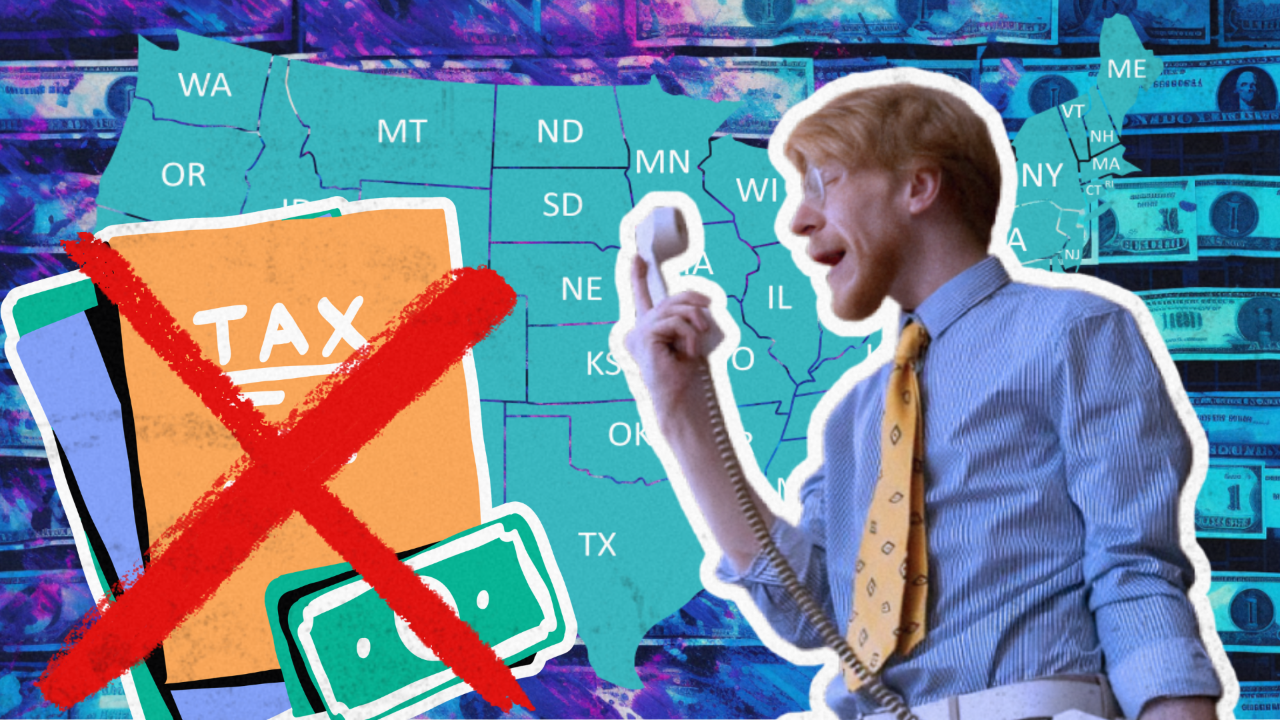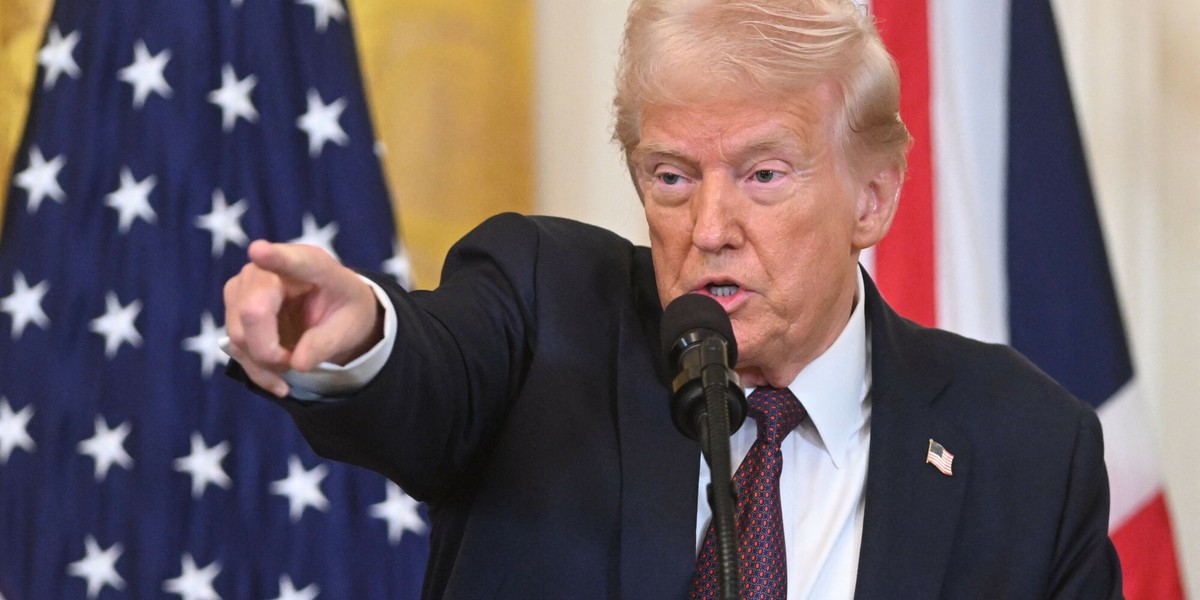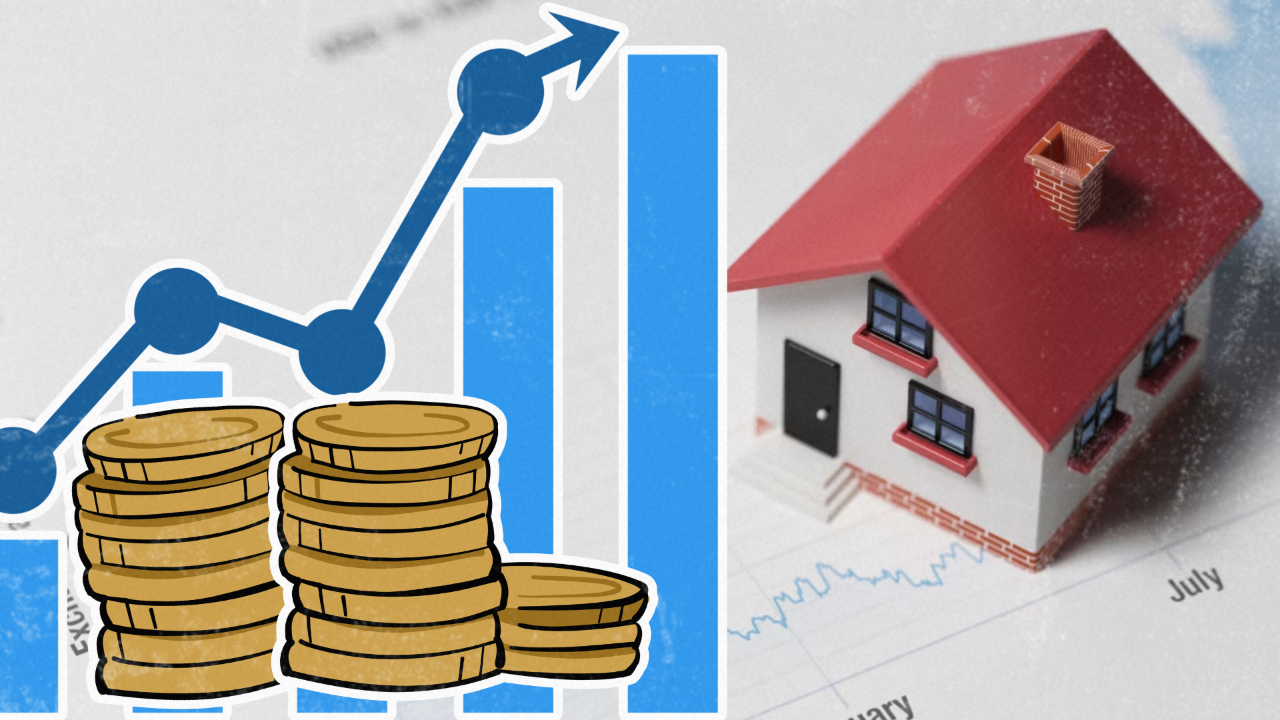The Push to End Property Taxes: Will Your State Be Next?
Apr 01, 2025
Written by David Dodge
The push to dramatically reduce or completely eliminate property taxes is gaining traction, especially in Republican-led states across the United States. These taxes, which are a vital source of funding for local governments to provide essential services like education, public safety, and infrastructure, are now under scrutiny as several states take steps toward either major reductions or full abolition.
States Proposing Property Tax Eliminations
Several states, including Florida, Illinois, Kansas, and Pennsylvania, are actively considering laws to eliminate property taxes. Other states, like Texas and Montana, are looking to reduce these taxes significantly.
- In Florida, Republican Senator Jonathan Martin introduced Senate Bill 852 after Governor Ron DeSantis voiced his support for eliminating property taxes. DeSantis stated his belief that land and property taxes are ineffective and oppressive forms of taxation. On Twitter, DeSantis expressed his support, writing: “I agree that taxing land/property is the more oppressive and ineffective form of taxation. Property taxes are local, not state. So we'd need to do a constitutional amendment (requires 60 percent of voters to approve) to eliminate them (which I would support) or even to reform/lower them.” If passed, the bill wouldn't immediately abolish property taxes but would direct the state’s Office of Economic and Demographic Research to develop a plan that might include alternative revenue sources, such as increased sales taxes and budget cuts.
[Source: @GovRonDeSantis on X (formerly Twitter)]
- In Illinois, a proposal co-sponsored by state Senators Neil Anderson and Dave Syverson, Senate Bill 1862, would provide a homestead exemption for homeowners who have consistently paid property taxes for 30 years or more, effectively eliminating their property taxes.
- Meanwhile, in Kansas, Representative Blake Carpenter introduced House Concurrent Resolution 5014, aiming to generate additional revenue by eliminating sales tax exemptions. This new revenue would be used to fund the state’s education system, traditionally funded through property taxes.
- In Pennsylvania, Representative Russ Diamond proposed House Bill 900, a constitutional amendment aimed at abolishing property taxes entirely. Diamond expressed that he wants residents to have full ownership of their homes without the burden of paying rent to the government.
Why This Movement is Gaining Momentum
The rise in house prices, particularly in suburban and exurban areas, is a key driver behind this movement. As David Schleicher, a professor at Yale Law School, explained, the increase in property values has led to a surge in property taxes. This spike in taxes has been felt by many homeowners, especially as housing demand surged during and after the pandemic. The shift to remote work and a desire for larger homes created an influx of new homeowners, which ultimately drove up property prices and taxes.
The issue of increasing property taxes has sparked frustration among homeowners. Property taxes are based on the value of a home rather than a homeowner's income, meaning that even as incomes remained stable, tax bills ballooned in areas where property values skyrocketed. This tax increase has become a focal point for political action, with homeowners pushing for reforms.
In addition to the surge in housing prices, experts like Jay A. Soled, a professor at Rutgers Business School, suggest that the aging U.S. population has also contributed to the push to lower property taxes. Older citizens, especially those on fixed incomes, are more sensitive to rising taxes and feel the financial strain more acutely.

Source: ATTOM Data Solutions & Bankrate
What’s at Stake: Can We Do Without Property Taxes?
Property taxes have been an essential part of local tax systems for thousands of years, but there is little consensus among economists about their effectiveness. While some argue that property taxes provide a reliable source of funding for local governments, others believe that the reliance on local governments for taxation creates significant inequalities between different jurisdictions.
David Schleicher notes that while property taxes are often a fair tax within a broader mix of taxes, excessive localism can undermine their effectiveness. He proposes that a better tax structure could involve a blend of income taxes, sales taxes, and property taxes, which could alleviate the over-reliance on any one source of revenue.
Eliminating property taxes would force governments to reconsider how they fund essential services. The resulting gaps in funding could lead to tough decisions about which services to cut, including education, healthcare, and emergency response programs. As Caroline Bruckner, a tax professor at American University, pointed out, states could face significant challenges in maintaining public services if federal funding continues to shrink.
In a scenario where property taxes are eliminated, states would likely have to look for alternative sources of revenue, which could include higher sales taxes or broader state-level taxation. These changes would make the tax system potentially more regressive, disproportionately affecting lower-income individuals.
The Political Landscape: How Trump’s Return Could Influence the Movement
The return of former President Donald Trump to political discourse has added fuel to this fire, particularly in Republican-led states. However, experts like David Schleicher suggest that the movement to eliminate property taxes would likely have progressed regardless of Trump’s political influence. Instead, the primary factor behind the surge in support for property tax elimination is the rise in property values.
Schleicher highlighted that people generally enjoy the benefits of increasing property values but would prefer to enjoy those benefits without the tax burden that comes with it. However, as Caroline Bruckner warns, eliminating property taxes without a clear plan for revenue replacement could create a fiscal nightmare for state governments, especially in the aftermath of federal program cuts.

Source: Foto: SAUL LOEB/AFP / East News
Final Thoughts: The Future of Property Taxes and Local Governance
As the debate over property tax elimination continues to evolve, states will need to weigh the pros and cons carefully. Eliminating property taxes could provide immediate financial relief to homeowners, particularly in areas where housing prices have surged. However, the long-term implications for local government funding and public services are far from clear.
According to Giulia Carbonaro from Newsweek, local governments heavily depend on property taxes to fund essential services, and eliminating them could leave significant gaps in public service budgets. While the idea of cutting taxes is appealing, especially in times of rising housing prices, it is important to remember that property taxes also play a vital role in ensuring that local services continue to function.
States like Florida, Illinois, Kansas, and Pennsylvania are already leading the charge in testing whether property taxes can be eliminated or reduced significantly. As these bills move through the legislative process, it remains to be seen whether these efforts will succeed, and what the impact on local communities will be if property taxes are completely abolished.
Sponsors:
This article is brought to you by Discount Property Leads boost your real estate investing with AI-powered tools for lead generation, skip tracing, property comps, and more. Say goodbye to manual tasks and hello to seamless deal-making!








